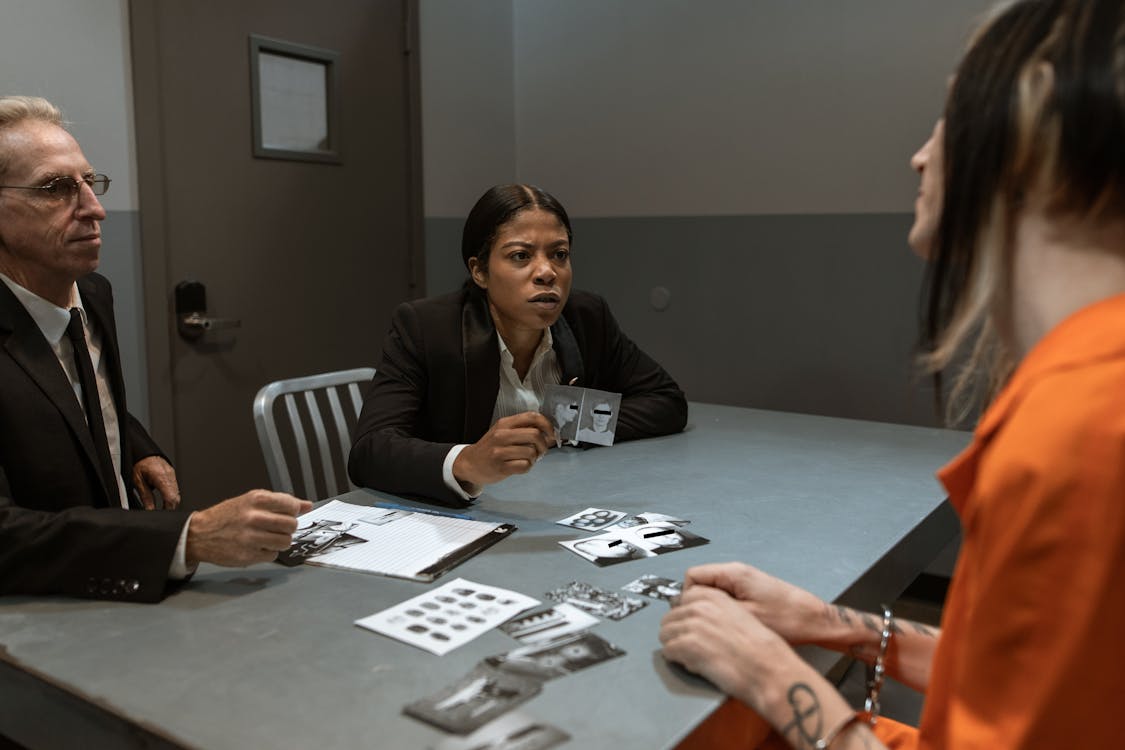Every case is different. Every individual client has a face, a name, and a story. Each client is a unique individual who has come to us for help, often during a period of extreme crisis. We treat every case – from the local traffic matter to a federal criminal indictment – as if it is the most important case in the world – because it is for our clients. We look at every angle to reach a resolution favorable to our clients. Our clients rely upon us – we are often the only thing that stands between their freedom and a lengthy prison sentence. We take this responsibility very seriously. Whenever someone comes to us for assistance, we provide them with our complete attention and the full benefit of our 31 years as criminal defense lawyers.
State Crimes
NJLB: Your practice is split between defending those accused of Federal crimes and those accused of State crimes. What is the difference between a Federal and a State crime? S&P: Federal crimes involve an alleged violation of the federal criminal code. The federal criminal code is found in Title 18 of the United States statutes. These crimes are enacted by the United States Congress and signed by the President. Federal crimes cover virtually every type of illegal conduct, such as weapon and drug possession, crimes of violence, business crimes, and regulatory offenses. State criminal laws also cover a wide variety of behaviors, but are do not cover conduct that crosses state lines into other jurisdictions.
One of the major differences between Federal and State criminal laws is in the sentencing. The sentencing structure for federal crimes is, in comparison to the state sentencing system, very harsh. Also, the scope of criminal discovery – meaning what you can learn about the government’s case against you – is much more limited in the federal system.
Educating the Public Through Blogging
NJLB: You blog quite often about both State and Federal criminal law. I’m a big fan of blogging when it comes to getting information out there. How do you think the information you get out there ultimately helps the end user? S&P: Our blogs are meant to assist individuals to evaluate their options, and to provide a public service. They are not meant as a substitute for the assistance of an experience criminal defense attorney, but as a way of pointing potential clients (and less experienced lawyers) in the right direction.NJLB: As criminal lawyers, how involved do you actually get with your client’s case? Do you consult experts or ever visit the crime scene?
Trusted Legal Representation
S&P: Yes, we become intimately involved in every aspect of our client’s cases. After all, they have come to us for our experience, our ability to problem solve, and our desire to help. Our clients get the benefit of our skill at evaluating criminal matters and taking cases to trial, and our contacts with the finest and most well-qualified experts serving the criminal defense bar.
We use superbly-credentialed physicians, psychologists, psychiatrists, ballistic experts, fingerprint and handwriting analysis experts, toxicologists, false confession experts, audio enhancement technicians, driving under the influence experts, data retrieval experts, and forensic accountants, among others. We visit the crime scene in order to gain perspective on what actually occurred, including the ability to observe an offense, based on lighting conditions and obstructions.





